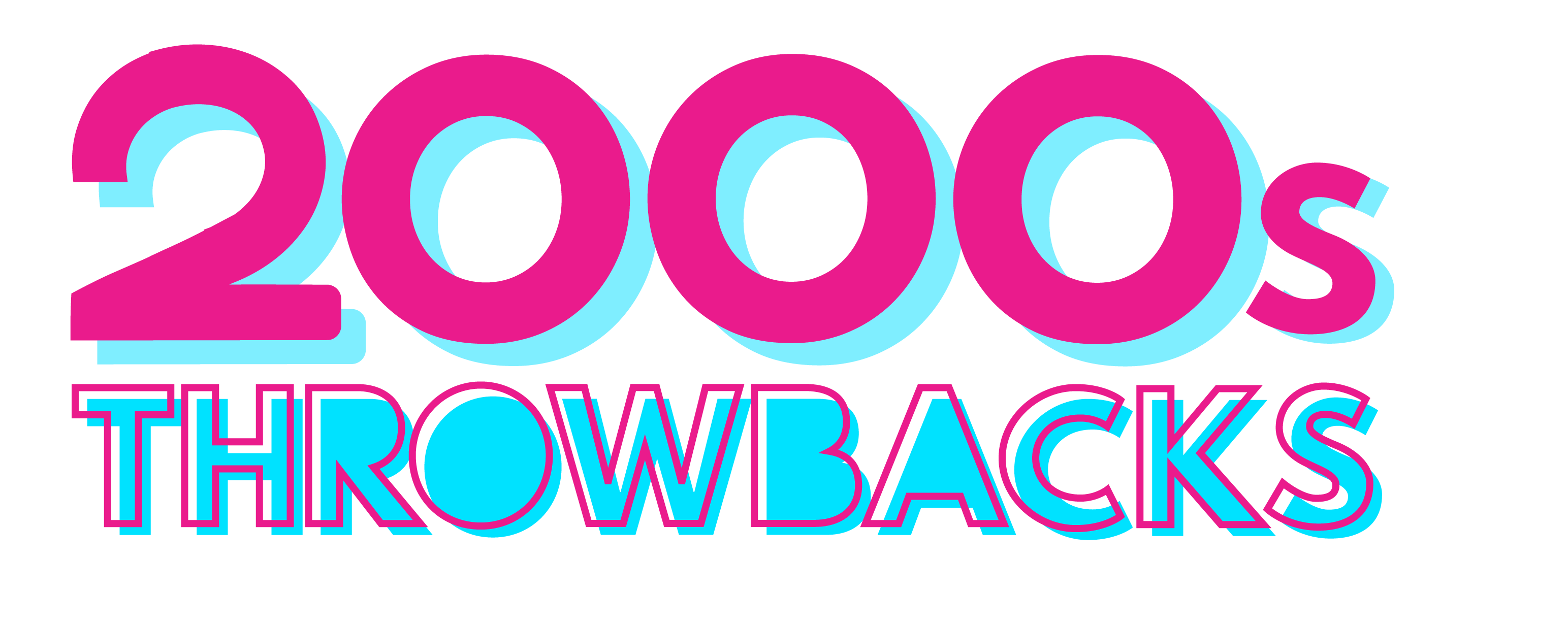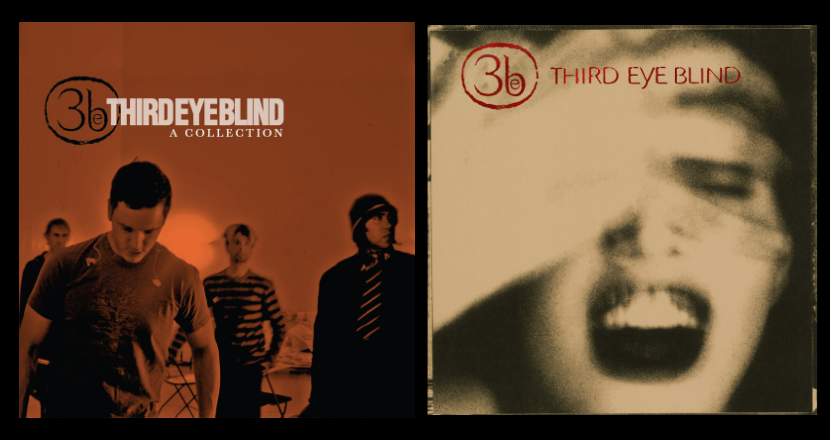Add Humor to Your Writing: The Ultimate Guide to Captivating Your Audience
You've likely stumbled across a blog post or article that had you chuckling or even laughing out loud. Have you ever stopped to consider how that piece of writing managed to evoke such a joyful reaction from you? If you're looking to add humor to your writing, you've come to the right place. This comprehensive guide is jam-packed with techniques, advice humor in writing: ways to use it in essay writing, and examples that will help you bring a sense of humor to your writing. Whether you’re writing a blog post or a formal piece, humor can be a key ingredient to keeping your audience engaged. Remember, humor isn't just about cracking jokes; it's an art form that requires understanding and technique. So, sit back, read on, and prepare to add a dash of wit to your writing arsenal.
Learn More About Humor Boosters
Before diving into the art of humor writing, you must understand what humor boosters are. Humor boosters are elements that can amplify the comedic effect of your piece. They can range from timing and word choice to the structure of your sentences. Humor boosters are like the spices you add to a dish; they elevate the flavor, making it more enjoyable. But, like spices, you don't want to overuse them. Here are three types of humor boosters to consider:
- Wordplay: The use of puns, double entendres, and clever phrasing.
- Timing: The sequence in which the humor is delivered can make a significant impact.
- Unexpected Twists: Subverting the reader's expectations can lead to a humorous surprise.
These humor boosters should serve as your go-to tools when you start to add humor to your writing.
Conversational Writing Tips
One simple trick to make your writing funnier is to adopt a conversational tone. Conversational writing can create an atmosphere where humor thrives. When you sound more like you're talking to a friend rather than lecturing an audience, humor comes more naturally. Here are three tips for conversational writing:
- Use Contractions: Words like 'can’t,' 'won’t,' and 'didn’t' make your writing sound less stiff.
- Ask Questions: Posing questions directly to your readers engages them and adds a natural flow.
- Include Anecdotes: Personal stories can both entertain and humanize you to your readers.
Conversational writing lends itself well to humor, making it an essential technique to master.
Devoted Readers by Using Humor Like Ellen
Think about comedians who have successfully transitioned into writing. Ellen DeGeneres is one excellent example of a humorist whose comedic style translates well into writing. What can you learn from Ellen? For starters, her humor is relatable, relevant, and comes off as effortless. Here are some techniques Ellen uses that you can apply to your writing:
- Relatability: Ellen often talks about everyday situations that are easy for anyone to relate to.
- Timing: She knows when to deliver the punchline for maximum impact.
- Self-Deprecation: Making fun of oneself can be a very effective and endearing form of humor.
Just remember, humor is subjective. What works for Ellen might not work for you, but the underlying techniques are universal.
Your Favorite Writing Advice
We've covered humor boosters, conversational writing, and learned from Ellen, but what other writing advice can you employ to add humor to your work? It can be as simple as writing with honesty. Being genuine often resonates with readers, and humor is no exception. Another trick is to use specific details rather than generalizations. The more specific you are, the more vivid your writing becomes, and humor often emerges from these details.
ChatGPT Users
For users of ChatGPT or similar AI platforms, implementing humor in writing is easier than ever. These platforms can assist you in generating content, including jokes or humorous phrases. However, the key to successful humor writing still lies in your understanding of the basic principles. AI can help, but your sense of timing, word choice, and context will be what truly makes your piece resonate with readers.
Dos and Don'ts
- Do test your humor on a small audience first.
- Don't force humor; it should feel natural and effortless.
- Do use humor that aligns with the tone and content of your piece.
- Don't rely solely on humor; substance is key.
Frequently Asked Questions
- Can anyone add humor to their writing? Yes, with practice and a good understanding of humor techniques.
- Is humor appropriate for all types of writing? Not necessarily. The appropriateness of humor depends on the context.
- How do I know if my humor is effective? Feedback from a diverse group can provide valuable insights.
Final Thoughts
Humor is a powerful tool in the realm of writing. It can capture attention, make your work memorable, and most importantly, entertain your readers. But humor is also an art, one that requires practice, timing, and a deep understanding of your audience. So go ahead, unleash your inner comedian, and add a dash of humor to your writing. Your readers will thank you.
Useful Resources: https://ahouseinthehills.com/mastering-remote-learning-10-effective-tips-for-studying-at-home-more-effectively/





